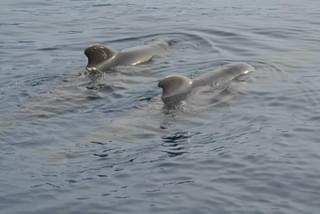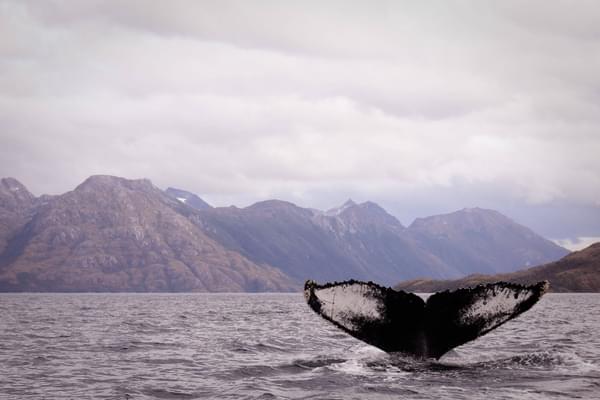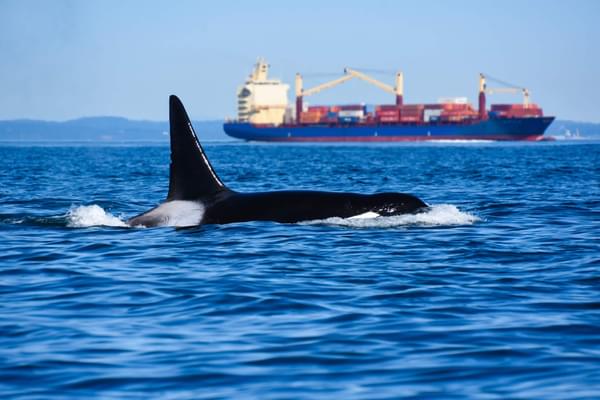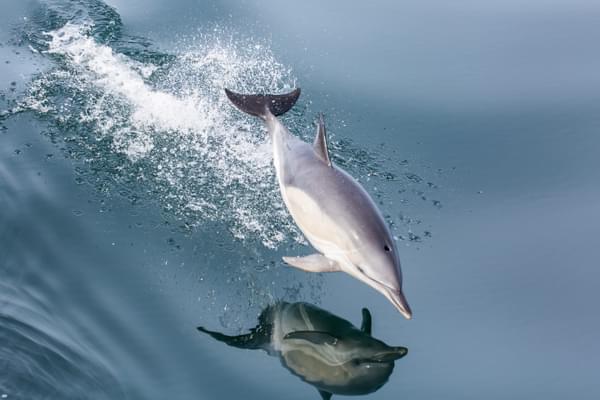
Monitoring Vulnerable Populations
Whaling activity has a significant impact on populations that are hunted, but often the activity takes place in areas that are not regularly monitored so understanding the impact on the animals in these areas is difficult. ORCA collects data during their sailings in these areas, and this data is analysed along with the rest of our historic dataset to identify trends and changes.





.jpg?w=320&h=214&q=85&auto=format&fit=crop&crop=focalpoint&fp-x=0.7811&fp-y=0.5504&dm=1683137378&s=39428c292b05cab8c0c00ad71552f7bc)



